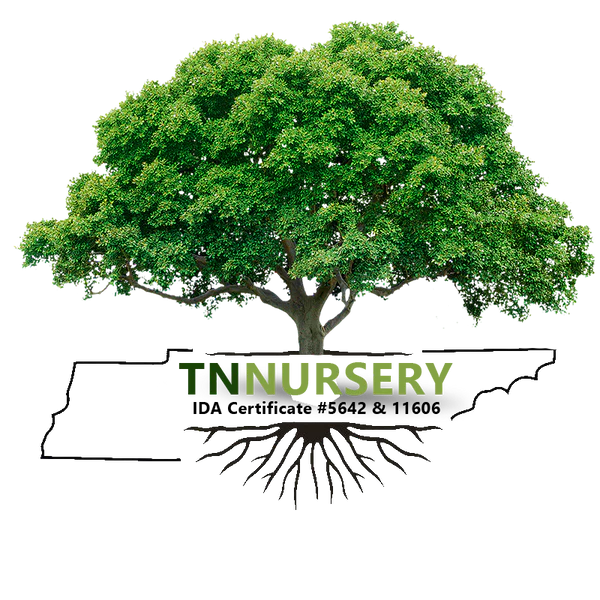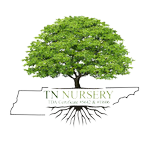Filters

Deer Resistant Plants
36 products
- Planting Zones 3-8
- 4.5
- Planting Zones 3-7
- 5.0
- Planting Zones 3-8
- 4.8
- Planting Zones 3-9
- Planting Zones 3-9
- 5.0
- Planting Zones 4-9
- Planting Zones 4-8
- Planting Zones 3-8
- 5.0
- Planting Zones 3-9
- Planting Zones 3-9
- 4.6
- Planting Zones 4-7
- 3.0
- Planting Zones 3-8
- 5.0
- Planting Zones 3-7
- 5.0
- Planting Zones 4-8
- 4.0
- Planting Zones 3-9
- 5.0
- Planting Zones 3-8
- 3.0
- Planting Zones 4-8
- 5.0
- Planting Zones 4-9
- Planting Zones 4-9
- 4.5
- Planting Zones 6-9
- 5.0
- Planting Zones 6-9
- Planting Zones 4-8
- 1.0
- Planting Zones 3-7
- 2.0
Deer Resistant Plants Is a Big Deal For Some Homeowners
Those in rural, semi-rural, and suburban locations often face challenges regarding deer accessing their property and destroying their plants. Deer are notoriously tricky to keep out of areas where they want to go. Because they mainly feed at dawn and dusk, homeowners often have only signs of their presence in the form of destroyed vegetation. Tall, sturdy fencing keeps them out, but those who prefer open-concept landscaping don't have to resign themselves to periodic destruction in their landscape, thanks to the wide range of deer-resistant plants available.
Deer-resistant plants are available in everything from ground-hugging mosses and groundcovers to towering trees and everything in between. With the proper plant selection and planning, homeowners can create an attractive outdoor living space that they can enjoy without having to worry that it will be damaged or destroyed by deer.
Deer Resistant Evergreen Trees
Deer-resistant evergreens include Eastern Cedar, Pitch Pines, Virginia Pines, Loblolly Pines, and Shortleaf Pines. Cedar trees provide excellent windbreaks and can be used as privacy hedges. Virginia Pines have a classic Christmas tree shape, and because they're smaller than most pine trees, they're an excellent choice for including in yard and garden areas with limited space. In contrast, the other pines listed are suitable for edge plantings with more significant properties. As a bonus, cedar, pines, and other coniferous evergreens bring a delightful woodsy fragrance to the picture.
Deer Resistant Deciduous Trees
Deer-resistant deciduous trees include Red Osier Dogwood, Scarlet Red Maple, Beech, Sweet Gum, Pin Oak, White Oak, and River Birch. All of these make good specimens and shade trees, and for those who value dramatic floral display, Crape Myrtle puts on a fabulous show each spring. Maples can be counted for glorious autumn color, and oak trees provide excellent protective shading for homes, gardens, and patio areas.
Deer Resistant Shrubs
Deer-resistant shrubs include Carolina Allspice, Black Chokecherry, Which Hazel, Burning Bush, Running Bamboo, and Spirea Japonica. Some of these, such as Spirea Japonica and Black Chokecherry, put on fabulous floral displays, while Burning Bush features fiery fall foliage. Running Bamboo grows quickly and makes an excellent option for those seeking a vegetative privacy screen. Carolina Allspice has a sweet fragrance that smells delightful on a summer breeze.
Deer Resistant Perennials
Many deer-resistant perennials used in modern gardens evolved in forest conditions, such as Trillium, Goldenseal, Mountain Mint, and Mayapple. These are all good candidates for naturalizing a woodland effect. Others include Red Cardinal Flower and Marsh Hibiscus, which are good choices for low-lying yard and garden areas where the ground tends to be wetter due to rainwater runoff. Trumpet Vine is a fast-growing perennial vine that provides an abundance of brightly colored funnel-shaped flowers that attract hummingbirds. Mountain Mint is low-maintenance, fragrant, and attracts beneficial butterflies and bees to the home landscape.
Deer Resistant Ferns and Mosses
Deer-resistant ferns and mosses are other staples of a naturalized approach to gardening that bring woodland accents to the home landscape. Fern options include Ostrich Ferns, Maidenhair Ferns, and Fiddlehead Ferns. All are excellent for shady areas under trees or on the north side of the home. Shade Fern Moss, Topiary Moss, and Rock Cap Moss are good choices for deer-resistant gardens. Mosses can craft a tranquil ambiance in shady areas where most grasses won't grow. It can be placed alongside garden paths, between flagstones, and in the case of Topiary Moss, even shaped into topiary figures for a unique, creative atmosphere.
Deer Resistant Ornamental Grasses
Ornamental grasses commonly used in deer-resistant gardens include Orchard Grass, Broom Sedge, Tufted Hairgrass, and Prairie Dropseed. These are all excellent choices for sunny areas where woodland plants typically won't grow. Grasses can be grouped in a mass or used as individual plantings where interest and texture are desired. Prairie Dropseed is a mounding, fine-textured grass that looks particularly attractive when planted in a terraced garden. At the same time, Broom Sedge works well on the sunny edges of naturalized woodland landscaping. Additionally, most ornamental grasses are tolerant of heat and drought conditions.
Deer Resistant Groundcovers
Vinca Minor, Ajuga Plant, and Arrow-leaf Ginger contribute beauty and deer resistance to the home landscape. Vinca Minor is a vine that rambles freely under trees and shrubs, producing blue or white flowers in early spring. Ajuga Plant is another shade-lover that naturalizes under tall trees, providing purple spires of tiny blooms in spring and summer. Arrow-leaf Ginger growth is ideal for deep shade situations where few other plants will grow. It features small purple flowers and deep-mottled leaves.

















































